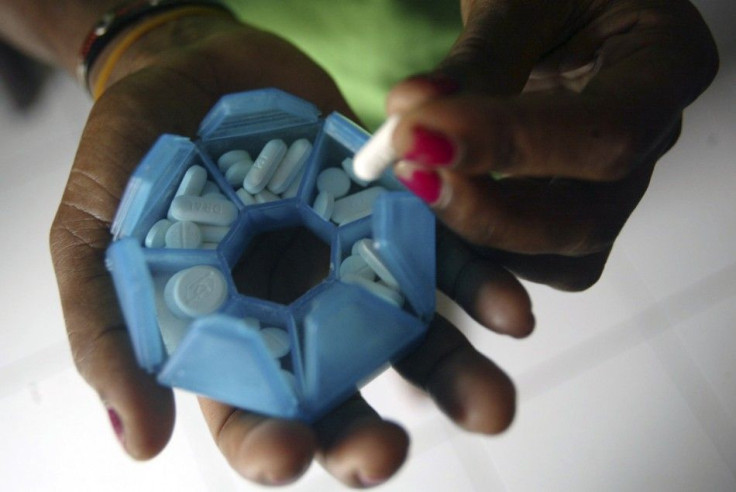Battle of the Drugs: FDA Questions Safety of Bayer, J&J Blood Thinner Drug

The U.S. Food and Drug Administration this week recommended against an immediate approval for Bayer AG and Johnson & Johnson’s anti-clotting drug, Xarelto, as a treatment to prevent strokes in patients with atrial fibrillation.
The agency said data from a late-stage study of more than 14,000 patients, known by the acronym ROCKET, doesn't make it clear how safe Xarelto is, or whether it's as effective as the widely used warfarin.
Xarelto was approved in July for reducing the risk of deadly blood clots in patients getting knee and hip replacements, a small part of the potential patient pool. The approval followed a delay of roughly two years due to FDA concerns about the internal bleeding risk.
An additional patient study could be done, which would cause a long delay before the drug-makers could again seek approval, FDA officials say.
Bayer Healthcare already markets rivaroxaban, a daily pill which works by blocking a clotting protein, in 110 countries around the world.
Researchers said Xarelto is one of several experimental drugs being developed as a replacement for warfarin, a medicine originally derived from rat poison that has been used safely and effectively for seven decades to prevent strokes.
The newer drugs are all meant to be more convenient than Warfarin, which must have its dose adjusted using frequent blood tests, and, potentially, to cause less bleeding.
Of the three new drugs, only Xarelto is given once a day, with the other drugs requiring twice-a-day dosing.
The prevailing view is that the share rout that followed the Food and Drug Administration's preliminary verdict on Tuesday made Bayer quite a bargain, even in the worst case that Xarelto wins no or only a small inroad in the world's largest drug market.
On average the European Pharma companies would stand to increase their (2015 estimated earnings per share) by 50 percent even in the scenario of zero contribution from Xarelto globally, J.P. Morgan analysts Alexandra Hauber and Richard Vosser said in a note issued on Wednesday.
Federal drug regulators said Bayer and Johnson & Johnson's (JNJ.N) experimental stroke preventer Xarelto, an anti blood-clotting agent, was not ready for approval and questions were raised about its effectiveness, sending Bayer shares down more than seven percent.
We believe the best strategic fit is with Sanofi, Novartis (NOVN.VX) and AstraZeneca (AZN.L), analysts said, who expected Xarelto to generate peak sales of $1 billion or more.
Bayer would be a very strong fit across Sanofi's oncology, multiple sclerosis, diabetes, animal health and consumer health businesses, they added.
Both Bayer's alpharadin, a drug against bone metastases, and eye drug Eylea, previously known as VEGF Trap-Eye, make for an attractive pipeline without Xarelto, several brokerages said.
The FDA's recommendation, however, took most analysts by surprise.
This view is significantly different from the consensus of cardiologists presenting at the European Society of Cardiology conference last week, said Craig Maxwell at UniCredit.
Many of his peers stressed that the FDA advisory committee of independent experts due to vote late on Thursday could still take a different view from the FDA's initial statement, but peak sales estimates were slashed or put in doubt across the board.
Even if approved, Xarelto's use in the United States might be limited to those patients for whom the established stroke prevention drug warfarin and Boehringer Ingelheim's new Pradaxa pill is not advisable.
(Reuters)
© Copyright IBTimes 2024. All rights reserved.





















